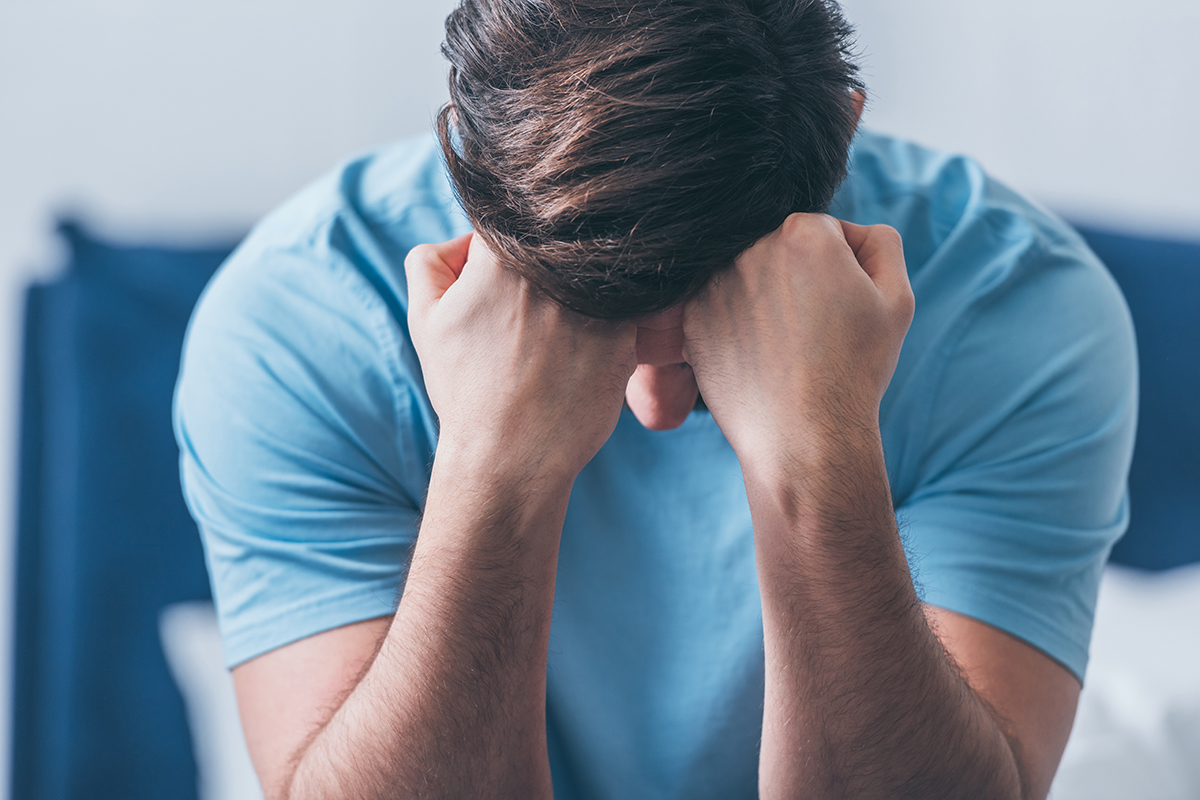Many people misunderstand the term “drug addiction.” They believe that drug addiction is a choice people make and that these people lack willpower and moral principles. People who struggle with addiction can’t “just stop using drugs,” even if they want to. When you ask, “What is drug addiction?” you’ll find that drug addiction is a complex disease that requires professional medical treatment at an addiction treatment center.
What is Drug Addiction?
The term “drug addiction” connotes a chronic illness, defined by seeking drugs and using them compulsively. Someone who is addicted to drugs is unable to control their usage, even though it has negative consequences. While taking drugs in the first place usually is voluntary, repeatedly using drugs leads to changes in the brain’s structure. These changes diminish self-control and the ability to resist drug cravings. Furthermore, the changes are tenacious, meaning that even after you get treatment for addiction, you’re at a higher risk for relapse.
However, while relapse is common, this doesn’t mean that addiction treatment isn’t worthwhile. Similar to other chronic conditions, such as diabetes or asthma, your treatment will be ongoing. Furthermore, your treatment plan will be adjusted based on your unique needs and how you respond to treatment methods.
How Does Drug Addiction Start?
Many drugs affect the reward section of your brain, meaning that the brain’s chemical messengers flood with dopamine, causing euphoria. When a reward system that works correctly, it motivates you to repeat the behaviors you need to survive, such as spending time with the people you love or eating. When drugs cause the surge of dopamine, it causes you to want to do that over and over again.
As you continue to use drugs or alcohol, your brain reduces the cell’s ability to respond to them, which reduces the high you feel. Experts call this condition developing a tolerance. As a result of tolerance, you may take more of the same drug to achieve the same high. As a result, you’ll be less likely to get pleasure from other natural patterns, such as being with friends or having a good meal.
Furthermore, the more you use drugs, the more effects they will have on your brain. You’ll have a more difficult time learning new concepts and making good decisions. You may also struggle to manage stress, and your memory and behavior will change significantly. However, despite these adverse effects, you continue to take the drug.
Signs You Need Drug Addiction Treatment
There are many signs that you may need drug addiction treatment. For instance, if you begin taking medications for pain management, and start to need to take the medication more often, you may have built up a tolerance. Building up a tolerance means that you need more of the drug to get the same effect. You may develop cravings for the substance and discover that you begin having withdrawal symptoms when you don’t take the drug. Withdrawal symptoms differ based on the type of drug you’re taking, but they may include:
- Sweating
- Shaking
- Tremors
- Nausea or vomiting
You may also find that you are taking more of the substance that you meant to, or you may be using it for longer periods of time. You may also have tried to cut down on using the drug in the past, but have been unable to do it on your own.
In addition, you may be spending a lot of your time obtaining, using, or recovering from using drugs. As a result, you may be unable to manage your responsibilities at home, work, or school, causing you to give up activities that were once important to you. Your drug use may also be causing problems in your relationships or be putting you in physical danger. It may also cause or worsen physical or mental conditions.
If you see these signs in your life, it’s vital not to hesitate. Visit Treatment Connection, where we help those seeking treatment for addiction or mental health conditions to search for nearby providers. This site also helps you determine what type of care you need and lets you anonymously reach out to addiction treatment providers that your state has vetted. If you need help finding a treatment center that is best suited to your needs, visit Treatment Connection today.







